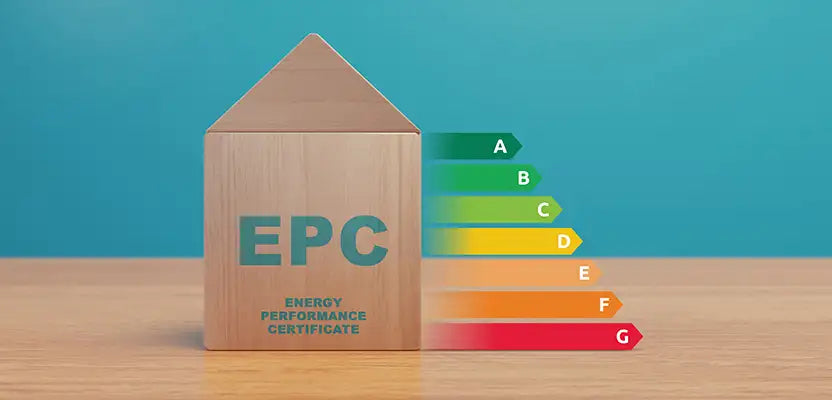
Labour to make EPCs more often for landlords
Share
The government has launched a consultation - Reforms to the Energy Performance of Buildings regime – which contains proposals aimed at giving homeowners and tenants more accurate information, as well as supporting carbon emissions cuts, tackling fuel poverty, and improving decency and the Warm Homes Plan. It also wants to make EPCs more useful, complete and understandable.
An EPC is currently valid for 10 years and is only required when a property is sold or leased. However, the government suggests that reducing this could allow building upgrades to be captured more frequently.
“Given the high turnover in the PRS, a reduced validity period would more greatly impact PRS landlords,” it acknowledges. “There may be an information benefit for prospective PRS tenants and policymakers from more current EPCs, and landlords may be able to capture upgrades to their properties more easily, in turn potentially improving desirability in the market and aiding compliance with regulations such as MEES.
"However, landlords may also incur a very small increase in costs from more regular EPCs.”
A new EPC is only required when a property is re-let and not when the same tenant renews or extends their lease. However, the consultation proposes introducing a new trigger point where an EPC is required when the current lease expires.
“It would be similar to other requirements on landlords throughout tenancies, such as valid building insurance and gas safety certificates, and can be managed through letting agents where appropriate.”
It also suggests that an EPC should be required for an entire HMO when a single room within it is rented out, rather than when the whole house is rented.
Domestic EPCs currently represent the energy cost of a property based on a standard occupancy model but the new-look certificate will see four headline metrics: fabric performance, heating system, smart readiness and energy cost.
